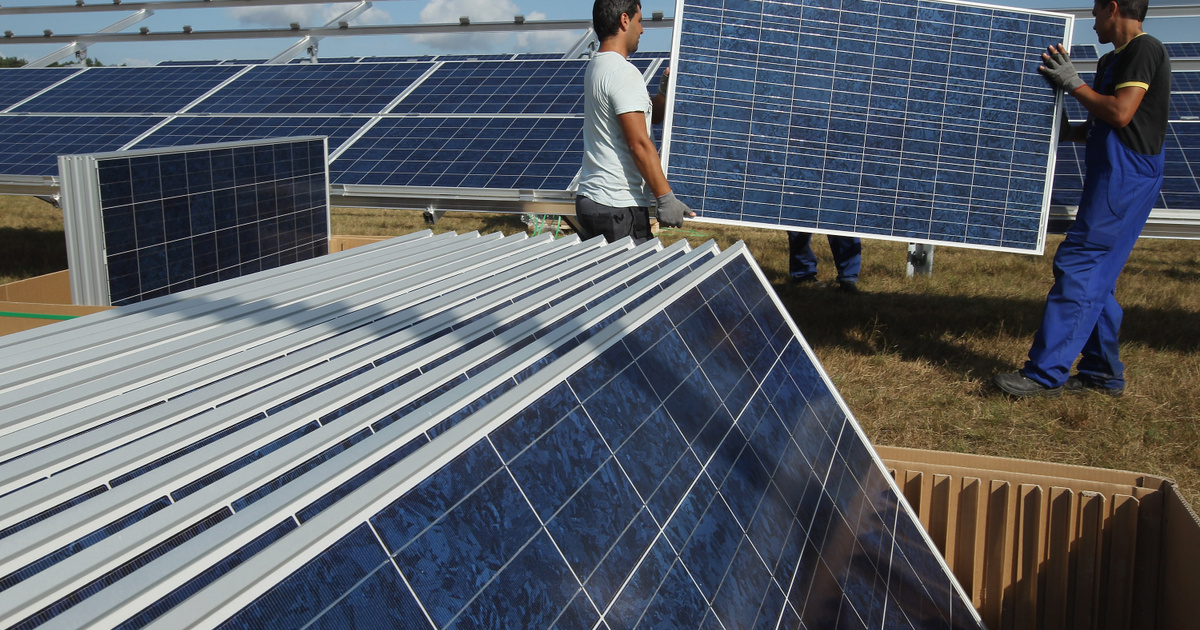In February this year, the total installed capacity of solar energy, including self-generating power plants, rose to more than 6,000 megawatts. Based on data updated to June 1, domestic and industrial capacities exceed the previously set 2030 target by 6,050 MW even without SCTEs. The Ministry of Energy (EM) announced in its Facebook post on Friday that by the beginning of summer, nearly 6,500 MW of PV installations were operating in Hungary.
The total installed capacity of the 267,000 small household-sized power plants was announced at 2,482 MW, according to Total Transmission System Manager MAVER. More than three-quarters of this capacity is family-run solar systems. The total production of industrial solar power plants amounts to 3,568 megawatts, and producers for their own purposes contribute an additional amount of 436 megawatts to benefit from green energy. Thanks to rapid expansion, Hungary reached 6 GW of solar capacity six years earlier than expected. The National Energy and Climate Plan, which is under review, expects to double capacity, 12 gigawatts, by 2030, they wrote.
They point out that in 2023, after Chile and Greece, Hungary has the third highest proportion of solar energy in electricity production in the world and the second highest in Europe. Since last year, Hungary has been at the global forefront in annual capacity increases, they wrote. In 2022, 21 and 2023, 28 countries were able to increase their solar capacity by at least 1 gigawatt. The domestic index was around 1.1 and 1.6 GW respectively, and based on the progress proportional to time, it could reach four figures this year as well. In the European Union, Hungary saw the third largest increase in weather-dependent renewable capacity from 2019 to 2023, at 265 percent.
The future belongs to green energy – stated the Ministry of Energy, adding that Hungary is striving to play a leading role in its production and storage in homes, industrial sites and vehicles. Through the Napenergia Plusz programme, the government helps Hungarian households install modern solar energy systems. To date, a total of HUF 67.5 billion has been granted in support to approximately 16,500 families. Thanks to the state contribution, which covers two-thirds of the investment costs, household self-sufficiency is enhanced and electricity bills are reduced. Entrepreneurs are encouraged to establish storage facilities through financial support, tax deductions and fees. With the awarded tender funds, domestic industrial energy storage capacity could increase twenty-fold within two years, the ministry wrote.












































